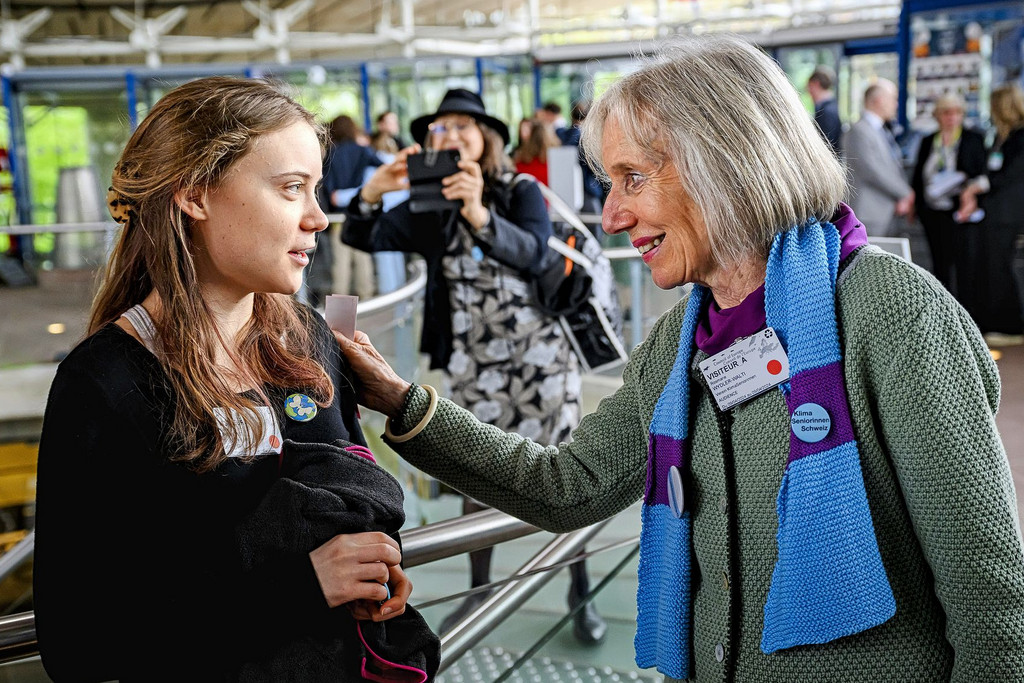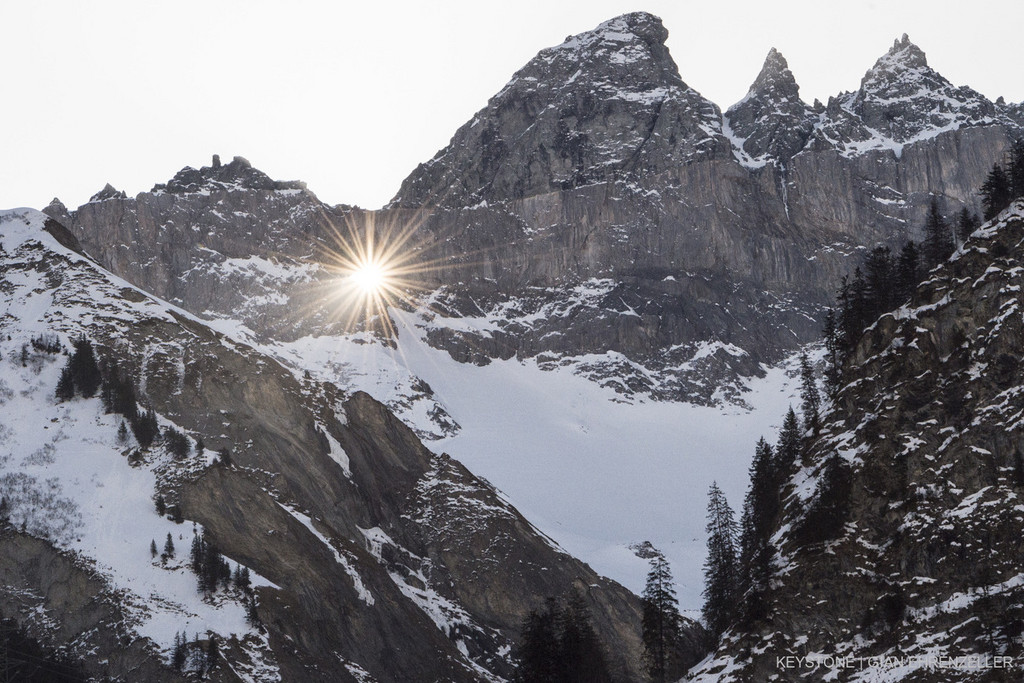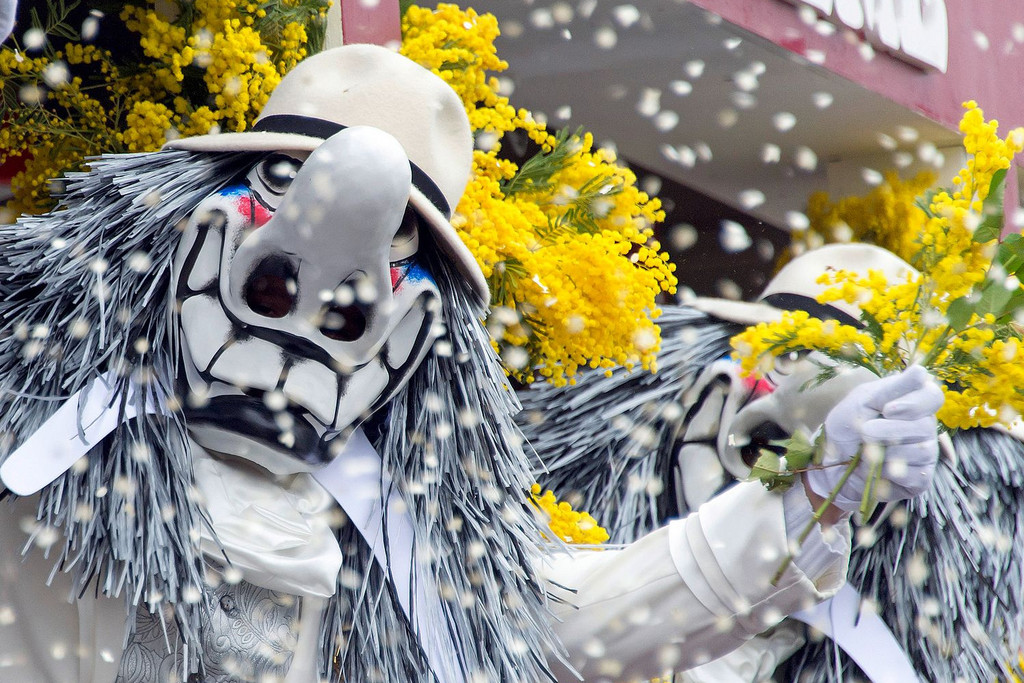
Triumphant ‘climate seniors’ cause a stir

The big wolf hunt in the Swiss mountains

News

The cherry laurel can no longer enter Switzerland

News

Billions at stake in the federal budget

News

5 December 2018 promises to be a day of great suspense inthe Federal Palace. The United Federal Assembly will simultaneously elect two new Federal Councillors, following the announcements by Federal Councillors Doris Leuthard (CVP) and Johann Schneider-Amman (FDP) that they will resign by the end of the year, as had been expected for some time. Leuthard has been in office since 2006 and headed the Department for Economic Affairs until 2010, followed by the Department of the Environment, Transport, Energy and Communications. Schneider-Amman has served as the Minister for Economic Affairs and Head of the Department of Economic Affairs, Education and Research since his election to the Federal Council.
On 9 September 2018 Beat Richner, arguably Switzerland’s most well-known paediatrician, passed away at the age of 71. In 1974/1975, Richner worked in Cambodia but had to leave the country after the Khmer Rouge offensive, whereupon he returned to Zurich. In 1991, King Sihanouk asked him to rebuild the Kantha Bopha Children’s Hospital in the capital city of Phnom Penh, since it had been destroyed by the Pol Pot regime. Four more clinics were opened up between then and 2007. Today, the five hospitals treat over 80 percent of the country’s sick children free of charge. They are financed by the Swiss Confederation, the Cambodian government and private donors. Richner, who was also known as the cello-playing musical clown Beatocello, played an important role in collecting donations for this cause.
The persistently sunny summer of 2018 drew a particularly large number of hikers and alpinists to the Swiss mountains, which in turn resulted in an unusually large number of accidents in the mountains. In the first half of the year alone, 80 mountain climbers were killed in accidents (first half of 2017: 38 casualties). Ten people lost their lives on the Matterhorn during the first six months alone. According to the Swiss Alpine Club (SAC), most fatal accidents in the mountains occur in July and August. Therefore, the SAC expects a record in mountain emergency statistics for the current year.
In the canton of Ticino, covering one’s face in public spaces has been banned since 2016. In September 2018, St. Gallen became the second canton to introduce a burqa ban by popular vote. Violations will be fined at between 100 and 200 Swiss francs. In St. Gallen, the ban only applies when public safety or religious or social peace is endangered. This gives the police a great deal of discretion.
Comments